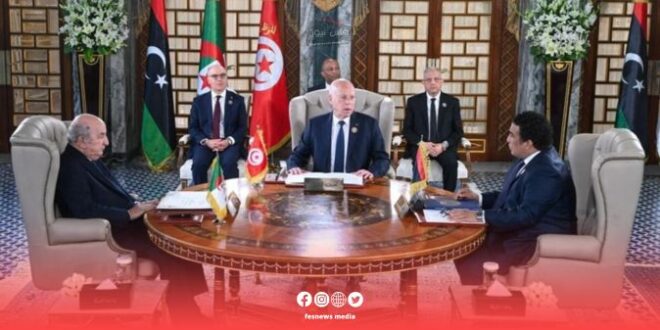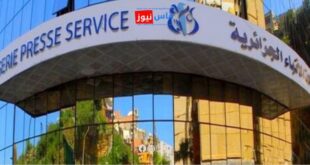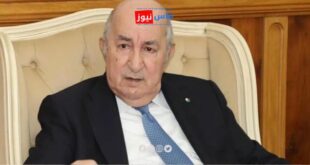At the conclusion of a consultative meeting held in the Tunisian capital, leaders of Tunisia, Algeria, and Libya agreed to work together to combat the risks of illegal migration and to unify their positions and speeches regarding this phenomenon.
At the invitation of Tunisian President Kais Saied, the first consultative meeting, held at the Carthage Presidential Palace, was attended by Algerian President Abdelmadjid Tebboune and the head of the Libyan Presidential Council, Mohammed Al-Menfi.
The joint final statement, delivered by Tunisian Foreign Minister Nabil Ammar, emphasized the formation of joint working teams to coordinate efforts to secure the protection of shared border security from the risks and consequences of illegal migration and other forms of organized crime.
The three leaders also agreed to unify positions and speeches with sister and friendly countries concerned with the phenomenon of illegal migration in the North Mediterranean and African countries south of the Sahara.
The statement emphasized the importance of organizing these consultative meetings periodically to discuss political, economic, and social issues.
It is noteworthy that this meeting, which paves the way for the formation of a Maghreb-level body, did not include Morocco and Mauritania.
The three leaders had agreed on the sidelines of the gas summit in Algeria at the beginning of March to hold a tripartite Maghreb meeting every three months, with the first one to be held in Tunisia after Ramadan.
During that session, the three leaders discussed the current situation in the Maghreb region and stressed the need to intensify efforts and coordination to address economic and security challenges, aiming to benefit the peoples of the three countries.
In response to this initiative, Moroccan circles accused Algeria of attempting to form a Maghreb alliance against the Kingdom, considering it a strategic move aimed at avoiding isolation and strengthening relations with neighbors.
Algerian Foreign Minister Ahmed Attaf expressed his support for this initiative, indicating that it aims to fill the existing void, especially since the Arab Maghreb Union, founded 35 years ago, is experiencing a period of revival that is not accompanied by activity.
President Abdelmadjid Tebboune stated in an interview in early April that this bloc does not target any country, indicating that the door is open to all countries in the region and their western neighbors, including Morocco.
The Arab Maghreb Union was established in the city of Marrakech in 1989 with the aim of enhancing political and economic ties between countries in the region, based on the European Union model.
Since 1994, no summit meeting of this union has been held, reflecting the challenges facing the achievement of the main goal of promoting cooperation and integration among the countries of the Maghreb region.
Source: Fez News Media
 فاس نيوز ميديا جريدة الكترونية جهوية تعنى بشؤون و أخبار جهة فاس مكناس – متجددة على مدار الساعة
فاس نيوز ميديا جريدة الكترونية جهوية تعنى بشؤون و أخبار جهة فاس مكناس – متجددة على مدار الساعة






 Oil Prices Plunge Amid Mounting Fears of Global Economic Crisis
Oil Prices Plunge Amid Mounting Fears of Global Economic Crisis






